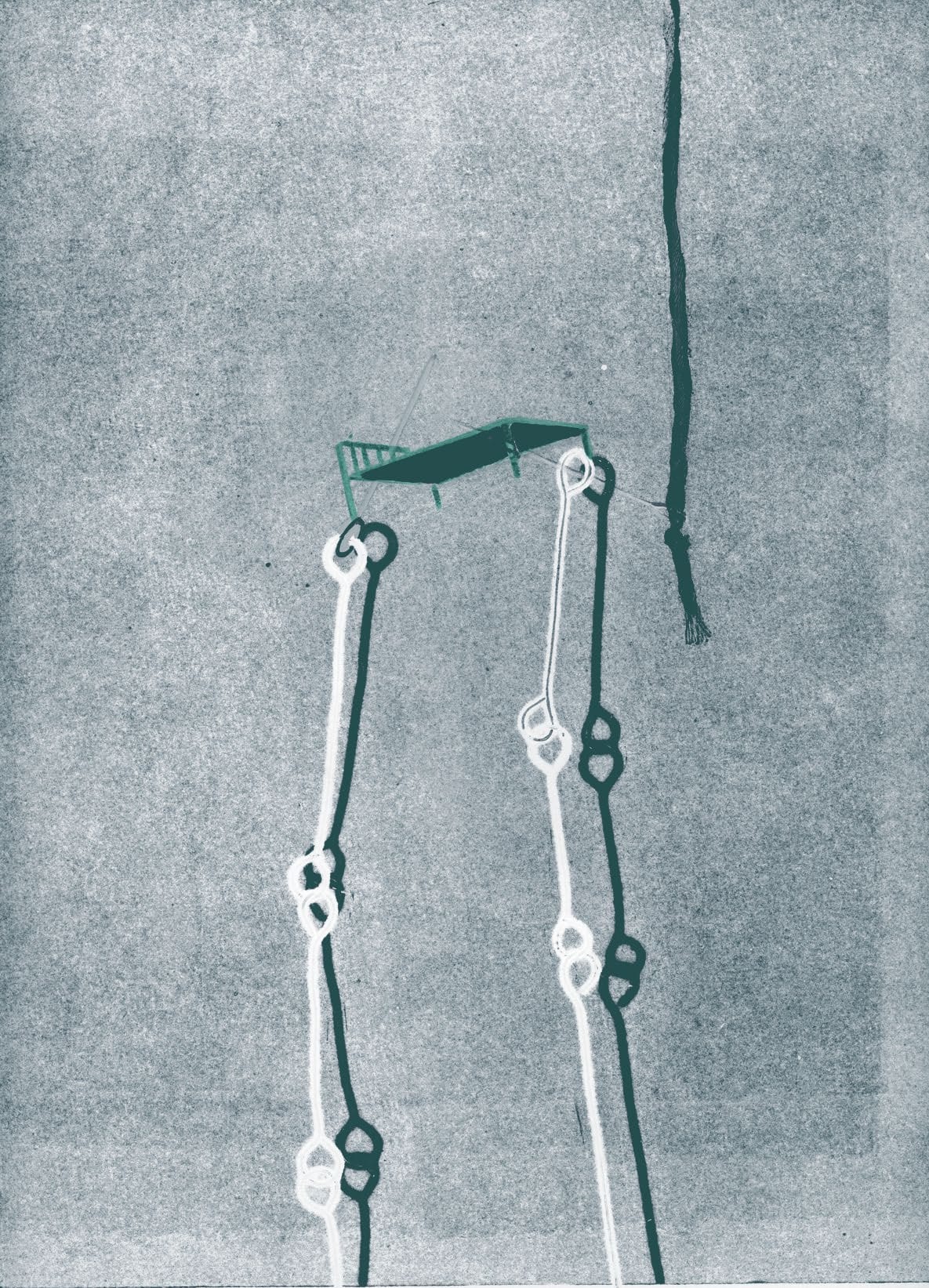Vol. 2: Editor's Note

Belongings, Belongings
Monomundial life, for most of us, is now little more than a romantic mirage of the past. World-travelers, supernomads, children of the borderlands, the lot of us!—And that includes you, too, living geographically in one place.
To be a subject is to exist-in-a-world. This goes some way towards making sense of this schizophrenia, this disorder of personalities that informs my life. I haven’t a clue what the scientific credentials of the concept of a multiverse are, but I know that, existentially, the word clocks the precise conditions of my life. A subject inhabiting a multiverse is by necessity as multiple in their subjectivity as the worlds they traverse.
For creatures of our flesh, belongings are matters of ambivalence, perhaps irredeemably so. Being by nature not just plural but indeterminate and ambiguous, vulnerable and contested, our belongings hover between being either multiple and excessive, or ghostly and poor. After all, this is our lot: to traverse cultures, cut borders, and exist-between-worlds, as we swim and bob among the intermingling waves of the virtual and the real.
Has home become for us the four seas? Or has home been erased entirely from view? Time again I wonder whether this fractal proliferation of worlds whose flip side is an anarchic pluralization of the soul is a gift or a curse.
Heidegger says that a world just is a totality of equipment—so the pun was, indeed, always intended for us. Our belongings not only bespeak our belongings; they are the durable furnishings, the infrastructures and structures of our worlds. For this reason, accounting for our belongings is, as Good Thoreau teaches in the first chapter of his Good Book, just another way of accounting for our selves and our worlds. (Here lies a fine forgotten sense of “economy”—oikonomia—as the art and science of housekeeping, which, incidentally, typically requires the keeping of a book.)
I read Walden this summer while bogged down in a depressive air-conditioned hole, and like all Good Books, it arrived like a bolt in the blue, just in the nick of my time. There is no ground for dissent; Thoreau is right. The problem of our belongings is, in one sense, simple. Our problem is excess, an embarrassment of riches, and the solution is just to subtract. “Some things,” replies Henry David to a skeptic of his diet of bread, berries, and legumes, “are really necessaries of life in some circles, the most helpless and diseased, which in others are luxuries merely, and in others still are entirely unknown.” Recent studies have found that the majority of the population today consumes an unholy excess of shit, and that coprophagy has become a leading cause of the myriad bloating disorders afflicting our souls. Having forgotten how to determine what really matters and how, greedily we devour trash, while we leave the Divine Vegetable strewn like some sturdy strumpet on the streets.
Throw it away, Yo, throw it away! Abandon your false belongings—they are making you stupider and worse! Drink the morning dew and ferret some berries should you need fuel for your flesh! Make a hut of the heavens, and fashion a tunic of the clouds! Haven’t you already all that you need and more? A true belonging is one that nourishes the soul; so let it carry as much meaning and importance for you as your hands and your friends; let it be the mysterious, totemic thing that it is which possesses the magical power to enroot you back home.
To belong is not just to be tolerated and (begrudgingly, apathetically, self-interestedly) permitted to be. To belong is, as written, to be longed for and therefore lovingly cared for, too. This, I reckon, is why the contributions to this volume have left us, the editors of Everything Matters Press, lastingly, with such big grateful smiles. For it is just such a collection of true belongings—each a singular glittering polar star holding open a whole plurality of worlds amidst these violently border-patrolled times—that our contributors have gifted us with this time.
Lo! Behold our belongings, our multiverse, our stuff and our souls! How fun, how fun! Show and Tell has always been my favorite day of the week.[1]
My academic habits forbid me, for better or for worse, to leave my debts (an important and complicated species of belongings themselves) unaccounted. So let it be known: the notion of “world-traveling” carries a nod to Maria Lugones, while “being-in-between-worlds” comes from Marianna Ortega, though it is Gloria E. Anzaldúa’s Borderlands that for me injected these concepts with enough intuition to make them feel alive—and these three texts came to me, as a part of a syllabus, designed by my teacher Kate Withy. “Being-in-the-world” must of course be credited to Heidegger, though I have personally learned more about the concept from Merleau-Ponty than I did from Heidegger himself. The read of Thoreau’s “Economy” is credited entirely to my boy Stanley Cavell; the word “supernomad” comes to me in misremembered form from Walter Kauffman’s translation of Nietzsche’s thoughts; and top of mind, always, while writing these notes, were the examples of Zhuangzi and Thoreau—as when the latter writes, “Not till we are lost, in other words not till we have lost the world, do we begin to find ourselves, and realize where we are and the infinite extent of our relations.” And as when the former says, “今子有大树,患其无用,何不树之于无何有之乡,广莫之野,彷徨乎无为其侧,逍遥乎寝卧其下。”—Or, as Burton Watson renders it: “Now you have this big tree and you’re distressed because it’s useless. Why don’t you plant it in Not-Even-Anything Village, or the field of Broad-and-Boundless, relax and do nothing by its side, or lie down for a free and easy sleep under it?” ↩︎